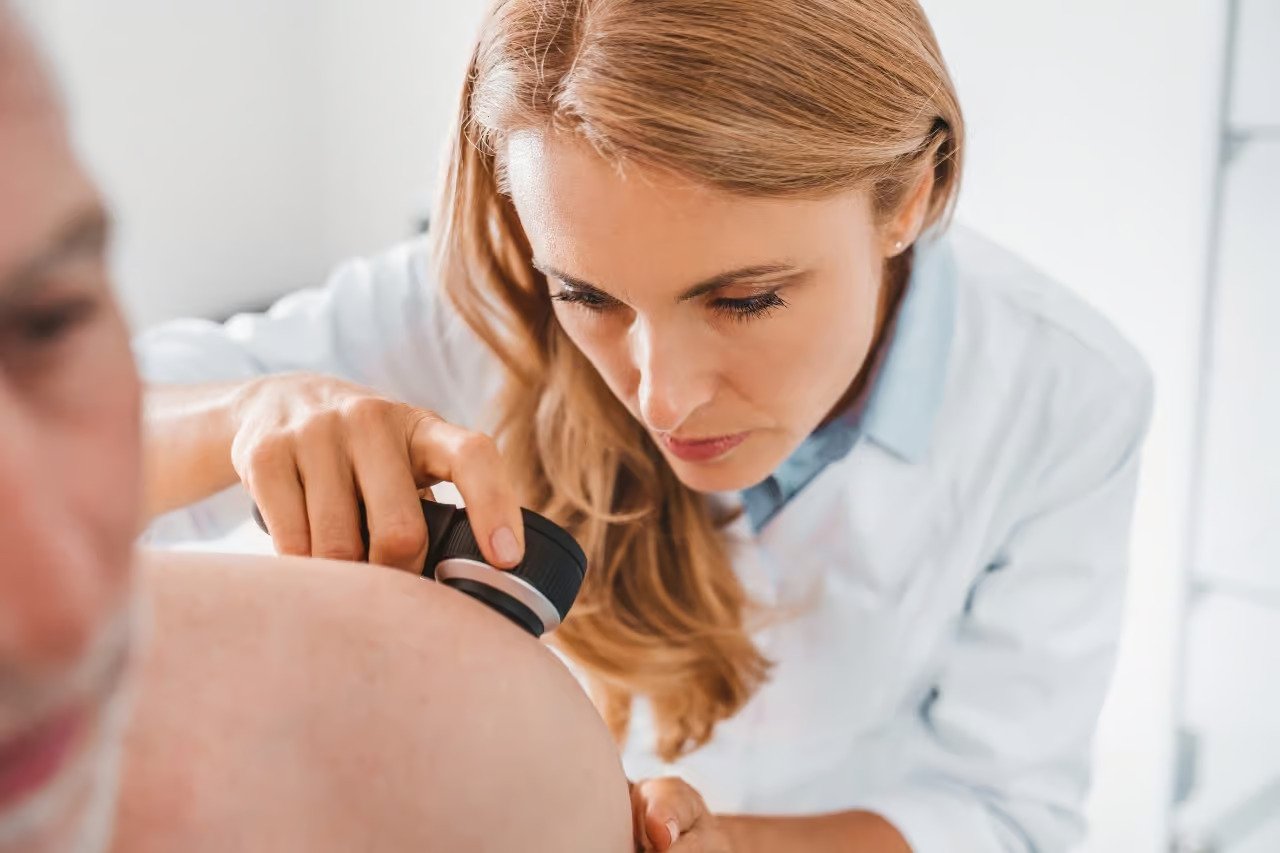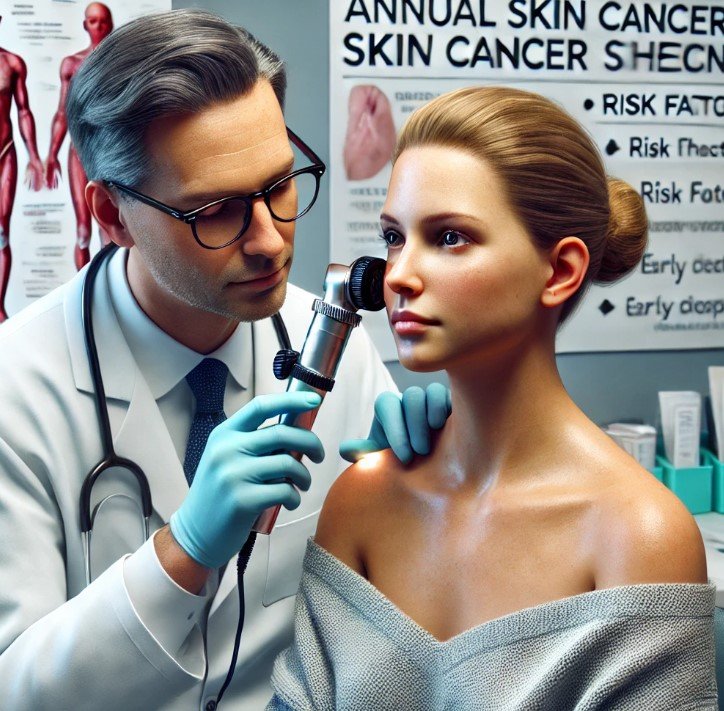
Proactive Skin Cancer Prevention: The Importance of Annual Skin Checks in 2025
Skin cancer is the most common type of cancer worldwide, with millions of new cases diagnosed each year. Yet, it is also one of the most preventable and treatable cancers—especially when caught early. As we move into 2025, advances in detection tools, patient education, and treatment options make it easier than ever to prioritize skin cancer prevention. However, the most effective prevention method remains consistent: annual skin checks with a trusted dermatologist.
At Summit Dermatology, we emphasize the importance of proactive care. Annual skin checks not only help catch skin cancer in its earliest stages but also empower you with the knowledge and tools to keep your skin healthy for years to come. Here’s why this simple but powerful habit should be a key part of your healthcare routine in 2025.

Understanding the Different Types of Skin Cancer
Skin cancer is the most common type of cancer, affecting millions of people worldwide each year. It occurs when skin cells grow uncontrollably and form malignant tumors. As a medical dermatologist, it's crucial to raise awareness about the various types of skin cancer, their symptoms, causes, and preventive measures. This article aims to provide a comprehensive understanding of skin cancer, focusing on the three main types: basal cell carcinoma (BCC), squamous cell carcinoma (SCC), and melanoma.

Why You Shouldn’t Skip Your Annual Skin Cancer Screening
A medical dermatologist sees firsthand the impact that skin cancer can have on patients’ lives. Despite its prevalence, many people still underestimate the importance of regular skin cancer screenings. This article aims to shed light on why these screenings are crucial for everyone, regardless of age or skin type. We'll also address some frequently asked questions to help you understand the process and importance of these screenings.

Melanoma: Recognize Symptoms, Understand Risk Factors, and Explore Treatments
Melanoma, often referred to as the most dangerous form of skin cancer, lurks quietly, making early detection and awareness paramount. The mission of a medical dermatologist is to educate and empower individuals to recognize the symptoms, understand the risk factors, and explore the available treatments for melanoma. In this comprehensive guide, we'll explore the essentials of melanoma, answer frequently asked questions, and provide insights that could potentially save lives.
